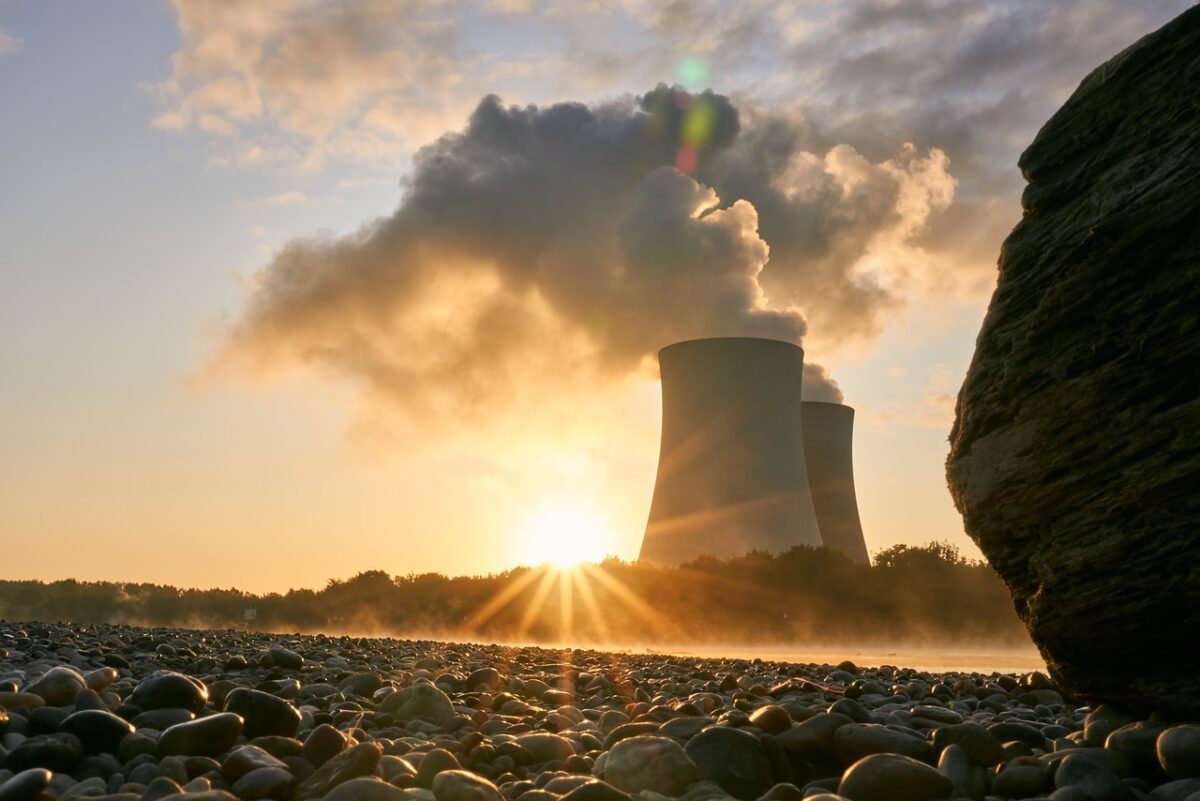- cross-posted to:
- technology@lemmy.world
We would be really stupid to worry about money when trying to save the planet. But, what did I know, I’m just some guy on the internet
Governments operate on budgets. If the same budget can yield more renewable energy than nuclear energy, why would we invest in nuclear?
@N1cknamed @NocturnalMorning be carful about time scale when talking about rentrability. In short term a few reneable is certainly cheaper, but nuclear reactor will outlive the ENR. For governement, long term rentability may be more important than short term one. Also, governement consider other parameters (jobs, resillience, public opinion, ghg emmissions? …)
Financiers tend to worry about money, yes.
First option: a wind/solar plant with costs that aren’t going to increase substantially, power being sold within a couple of years therefore repayments will begin quickly.
Second option: a nuclear proposal - massive costs upfront, that will inevitably skyrocket while the completion date slips and slips, and power being sold 10-15 year in the future so repayments are a long way off.
It’s not a difficult choice.
If your argument is that we should nationalize the energy sector so government can get involved more directly to mitigate financing issues, sure. We both know that’s not going to happen.
How does one provide power when the renewables don’t provide enough power (nights, etc)? Our current solution is natural gas. Nuclear is a huge step up as a carbon-free provider.
Storage, there are many options. Pumped hydro is great for places with elevation change, molten salt is great for desert climates. Batteries, green hydrogen, compressed gas, etc.
We’ve been storing energy for thousands of years. It’s not difficult in the way nuclear fusion, SMRs, or thorium are difficult.
We’re also moving towards EVs. I’d like to see investment in using a fleet of connected EVs as a giant battery. Your energy company can pay you for making 10-15% of your EV battery available for grid storage and you can opt out if you need that extra range for a trip.
The article talks about the coming droughts and water shortages. Pumped hydro is nice, if you have water.
You save the water in a hole, then pump it back and forth. You can cover it with PV to stop evaporation
This is also good for the droughts as you have emergency water.
There’s evaporation, which can be mitigated by floating solar panels, but pumped hydro is a closed system, it doesn’t consume water.
The largest battery on the planet would power my workplace for less than two hours- if it could meet the instant demand, which it cannot.
I’m all for energy storage, but I realise there’s a lot of work to do.
For processes like that though, nuclear would make the electricity too expensive to be economic, renewables wouldn’t.
1,200MW isn’t enough? Where do you work?
Why do you think batteries can’t meet instant demand? That’s kind of their whole thing.
We draw a very consistent 950MW, 24hrs a day.
The battery you linked, if it goes ahead, will max out delivery at 400MW, which it can sustain for 3 hours before its 1200MWh storage is exhausted.
Batteries can deliver power instantly, but not beyond their max output.
There’s heaps of interest and proposals, and I hope they go ahead. But there’s a lot of work to do.
We draw a very consistent 950MW, 24hrs a day.
Right, but you realize that’s far from typical for a workplace?
Yes, but, funnily enough, we produce a lot of stuff for the renewable energy industry.
We*rich countries would be really stupid to worry about money when trying to save the planet.There’s a lot of world outside the US, Europe, and China.
This is everybody’s problem dude.
Correct. Which is why cheap and agile renewables will remain a good option for less wealthy countries.







